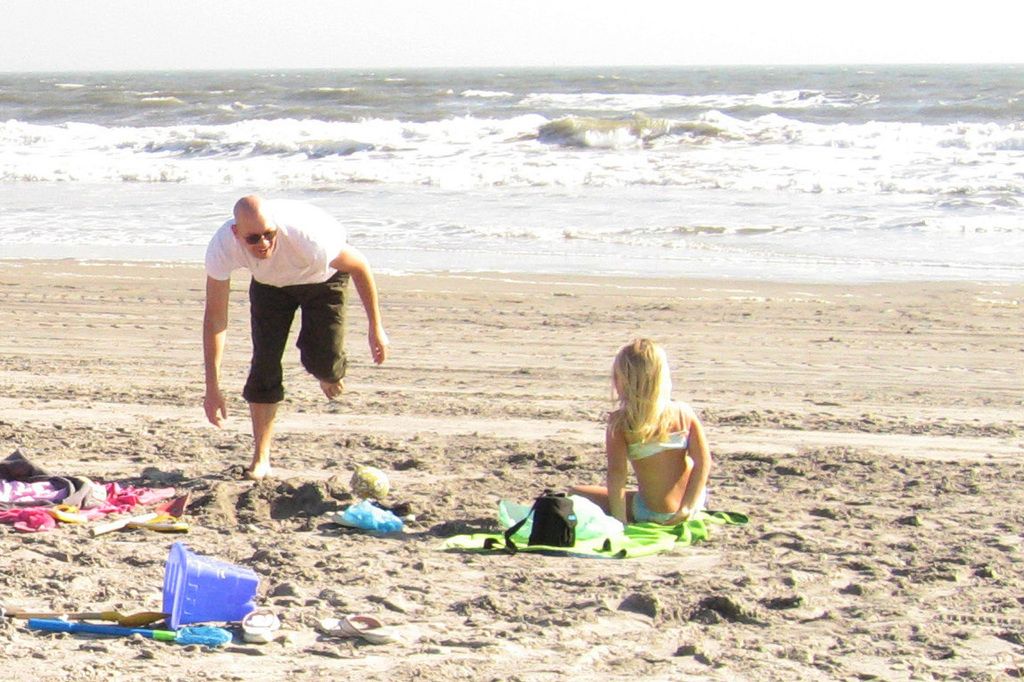Reduction in poverty rate among Russian populace noted
Russian Poverty Decrease: A Temporary Reprieve Amidst Looming Economic Challenges
Good day! Buckle up as we delve into the latest economic happenings in Russia, where, according to Rosstat's website, the poverty rate dropped to 8.1% in the first quarter of 2025. This is a sizable decrease of 1.5 percentage points compared to the same period last year.
The poverty line in Q1 of 2025 equated to 16,621 rubles. With 8.1% of the population earning less than this figure, it's clear that many Russians are still grappling with financial hardship. The total monetary incomes in January-March 2025 reached 27.1 trillion rubles, marking a year-on-year increase of 17.9%.
Despite the positive growth, real monetary incomes only climbed by 7.1%, and real disposable incomes rose by 8.4%. The shares of financial inflows from entrepreneurial activity and property increased in the income structure, but wages and social payments remained the primary sources of income for the populace, accounting for 64% and 16% respectively. The volume of social payments swelled to 4.3 trillion rubles (an increase of 12.5% over the previous year), while the average monthly accrued wage hit 92,305 rubles (up 13.8%). Pensions also saw an increase, with the average pension size reaching 23,214 rubles (up 11.6%). Lower income groups experienced the highest growth, with nominal incomes rising by 14.2%.
However, the optimistic figures might be deceiving. A survey conducted by Anderida Financial Group reveals that 75% of Russians are discontent with their income levels, and nearly half have experienced a deterioration in their financial situation compared to the previous year. Many lack the funds to cover daily expenses.
Join us as we continue to unravel the intricacies of the Russian economy and provide updates on events worldwide. Our unwavering commitment to providing you with the latest, most pertinent news, in the face of challenges and skepticism, remains our top priority. Stay connected through our Telegram channel for updates on our agency and current events. Subscribe now!
Now, let's shed some light on what's beneath the surface:
- While average wages increased significantly in 2024, inflation largely eroded the purchasing power of the majority of Russians, as real wage growth only clocked in at approximately 9.1%[2].
- Analysts predict that real incomes will plummet by more than the forecasted 2% in 2025 due to high inflation rates and economic pressures[5]. In March 2025, real wages only witnessed a minuscule 0.1% year-over-year increase, signaling a slowdown in wage growth[3].
- Poverty rates in 2024 were grim, with 75% of Russians struggling to make ends meet[2]. With a challenging economic outlook, analysts fear that higher inflation and reduced purchasing power could exacerbate poverty rates[5].
- Inflation is projected to reach 7-8% by year-end 2025, potentially surging even higher[5]. Retail sales growth slows significantly compared to income growth, suggesting a decrease in consumer spending and potential increases in poverty or financial stress[5].
In light of the Russian poverty decrease, it's important to consider the long-term economic challenges ahead for individuals and businesses, as real incomes, particularly wages, might not keep pace with inflation. Personal-finance issues are concerning for the majority of Russians as they are struggling to meet their daily expenses despite average wages increasing. With forecasted real income declines, general-news outlets should keep a close eye on this situation for potential increases in poverty and financial stress. Stay informed with our Telegram channel for updates on these developments.




